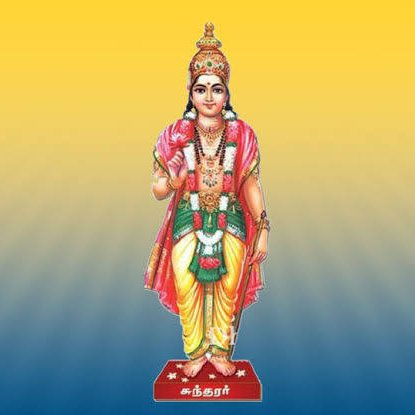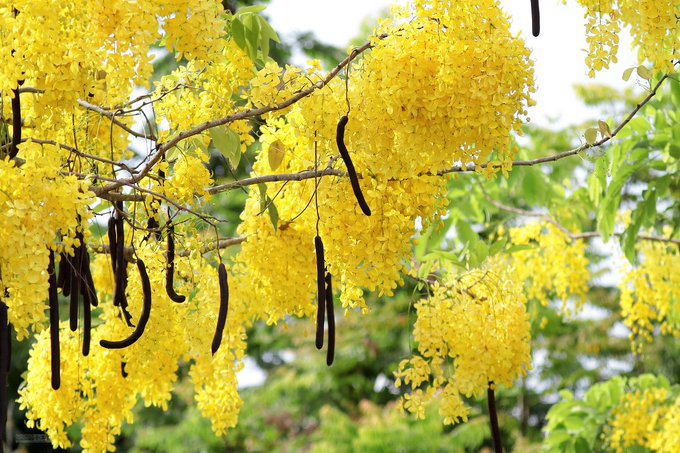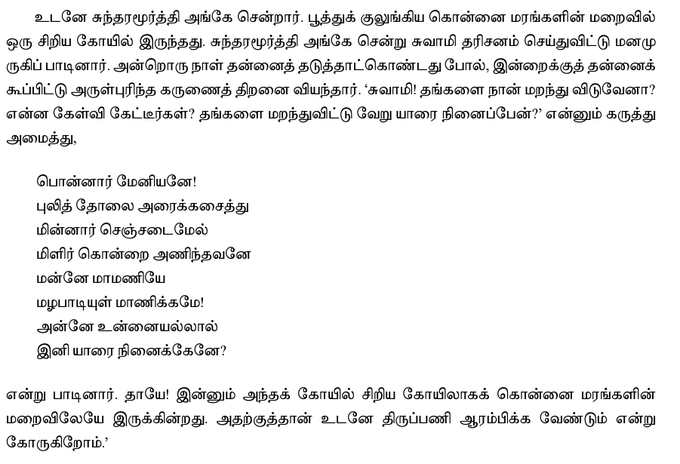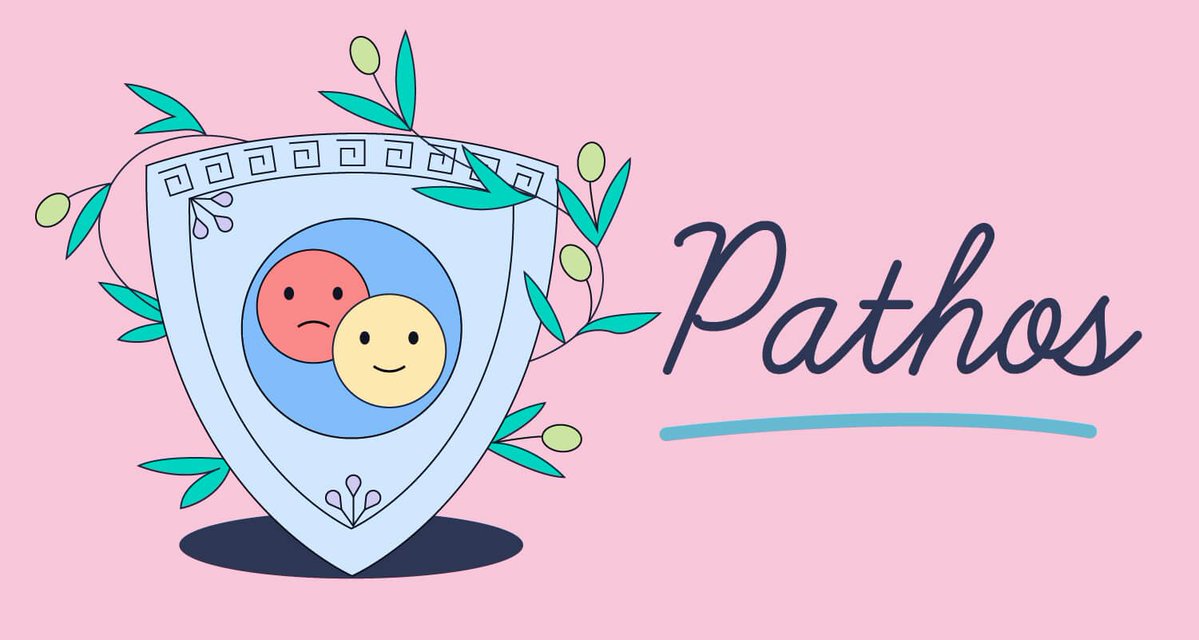Today is #ThiruvalluvarDay & there is a lot of confusion about his identity.
Was he an atheist? A Hindu? Chriśtian? Muślim? Jain? Buddhiśt?
Leaving politics aside, is there is any way to determine his identity by analyzing his work?
Yes & the answer is clear.
A fact-based 🧵
Was he an atheist? A Hindu? Chriśtian? Muślim? Jain? Buddhiśt?
Leaving politics aside, is there is any way to determine his identity by analyzing his work?
Yes & the answer is clear.
A fact-based 🧵
https://twitter.com/annamalai_k/status/1614835098255491075
Some might ask: Should we even be doing this research?
Why try to box Thiruvalluvar into a religious identity? Isn't his work universal, and common for all?
Good question!
The answer to this consists of 2 points.
Why try to box Thiruvalluvar into a religious identity? Isn't his work universal, and common for all?
Good question!
The answer to this consists of 2 points.
1. Marcus Aurelius, a Stoic philosopher's work is universal & is followed globally.
But this does not take away his religious beliefs.
Marcus worshipped & prayed to Roman god Jupiter.
Even a universal philosopher has an identity.
What's wrong in researching Thiruvalluvar's?
But this does not take away his religious beliefs.
Marcus worshipped & prayed to Roman god Jupiter.
Even a universal philosopher has an identity.
What's wrong in researching Thiruvalluvar's?

2. In the foreword of "Is Thiruvalluvar a Chriśtian", M Karunanidhi, the then CM in 1969, wrote:
"Despite my opinion that Valluvar is common for all religions, I welcome research that stimulates thinking"
Inspired by him, let's pursue this research that stimulates thinking!
"Despite my opinion that Valluvar is common for all religions, I welcome research that stimulates thinking"
Inspired by him, let's pursue this research that stimulates thinking!

Full Disclosure:
Nothing about Thirukural is authoritative: starting with its name, its author, its chapter divisions, its time period.
We do not have any indisputable historical primary sources.
All we have are 1330 couplets, that are the highest expression of human thought.
Nothing about Thirukural is authoritative: starting with its name, its author, its chapter divisions, its time period.
We do not have any indisputable historical primary sources.
All we have are 1330 couplets, that are the highest expression of human thought.
Then how to go about this research?
In a multiple choice exam, if you are not sure of the answer, you eliminate incorrect options.
Whatever remains must be the BEST candidate for the right answer.
We follow the same strategy of elimination to arrive at the BEST possible answer
In a multiple choice exam, if you are not sure of the answer, you eliminate incorrect options.
Whatever remains must be the BEST candidate for the right answer.
We follow the same strategy of elimination to arrive at the BEST possible answer

Option 1: Atheist
Many think Valluvar is purely a virtue ethicist who had no religious faith.
E.g: Lyricist and #MeToo accused Mr. Vairamuthu has claimed that Kural speaks only about Dharma, Artha, Kama & not Moksha.
Such claims are laughable at best & malicious at worst.
Many think Valluvar is purely a virtue ethicist who had no religious faith.
E.g: Lyricist and #MeToo accused Mr. Vairamuthu has claimed that Kural speaks only about Dharma, Artha, Kama & not Moksha.
Such claims are laughable at best & malicious at worst.

It is almost as if Valluvar knew people would distort his beliefs.
In verse 247, he clearly says:
"This world is not for weathless ones,
That world is not for graceless ones"
What is this second world?
Is this a rational thing that can be perceived by eyes or other devices?

In verse 247, he clearly says:
"This world is not for weathless ones,
That world is not for graceless ones"
What is this second world?
Is this a rational thing that can be perceived by eyes or other devices?


He mentions not being born again as a human goal in verses 345, 349, 351, 356, 357 and 358.
Is this not the fourth purushartha - Moksha?
In verse 346, he calls this realm higher than the ones Devas reside in.
He clearly believed in a god, Verses: 43, 50, 55, 388
So:
❌ Atheist

Is this not the fourth purushartha - Moksha?
In verse 346, he calls this realm higher than the ones Devas reside in.
He clearly believed in a god, Verses: 43, 50, 55, 388
So:
❌ Atheist


The official state govt date for Valluvar is 31 BCE, as recommended by Maraimalai Adigal, an exponent of Pure Tamil movement.
Thiruvalluvar year is an officially recognized Tamil calendar system.
If today is 2023, Thiruvalluvar year is 2023+31 = 2054
So, Thiruvalluavar: 31 BCE
Thiruvalluvar year is an officially recognized Tamil calendar system.
If today is 2023, Thiruvalluvar year is 2023+31 = 2054
So, Thiruvalluavar: 31 BCE

This puts Thiruvalluvar well ahead of Jeśuś and Prophet Muhammëd's period.
After eliminating these 2 options, we're left with 3 final options: Buddhism, Jainism and Hinduism - all these religions prevailed in South India, during Valluvar's period of 31 BCE.
So, which one is it?
After eliminating these 2 options, we're left with 3 final options: Buddhism, Jainism and Hinduism - all these religions prevailed in South India, during Valluvar's period of 31 BCE.
So, which one is it?
Philosophically, both Buddhism & Jainism are agnostic.
They do not believe in God 100%, let alone a god with a physical form.
But in Verse 10, Valluvar says: "Only those who clench the feet of god, can cross the ocean of life"
Implies:
Valluvar believed in a God that has a form


They do not believe in God 100%, let alone a god with a physical form.
But in Verse 10, Valluvar says: "Only those who clench the feet of god, can cross the ocean of life"
Implies:
Valluvar believed in a God that has a form



Verse 259 is often quoted to claim that Valluvar rejected Vedic rituals like Yagna, and professes complete ahimsa like a Jain saint.
But is this true?
Valluvar is comparing that:
Not killing an animal is better than doing 1000 Vedic yagnas, pouring havis.
But is this true?
Valluvar is comparing that:
Not killing an animal is better than doing 1000 Vedic yagnas, pouring havis.

When you compare good things, you only compare-up, not compare-down.
When you say
Kallis = Sachin + Zaheer, it is inherent that Sachin & Zaheer are good players & Kallis is twice as good as them
If someone says 1 Kumble is equivalent to 100 Leverocks, is that even a compliment?


When you say
Kallis = Sachin + Zaheer, it is inherent that Sachin & Zaheer are good players & Kallis is twice as good as them
If someone says 1 Kumble is equivalent to 100 Leverocks, is that even a compliment?



Valluvar also mentions a lot of Hindu concepts (with verse #):
Indran: 25
Yaman: 326, 1050, 1083, 1085
Lakshmi: 84, 167, 179, 617, 920
Moodhevi, goddess of misfortune: 167, 617, 936
Vishnu: 610, 1103
Devas: 18, 25, 86, 346, 906, 1073
Pitrus: 43
Amritam: 82,1106
Shiva: 9, 580


Indran: 25
Yaman: 326, 1050, 1083, 1085
Lakshmi: 84, 167, 179, 617, 920
Moodhevi, goddess of misfortune: 167, 617, 936
Vishnu: 610, 1103
Devas: 18, 25, 86, 346, 906, 1073
Pitrus: 43
Amritam: 82,1106
Shiva: 9, 580



These are not mere references, the deities are mentioned exactly as per Puranas
1. Moodhevi as elder sister of Lakshmi
2. Vaamana as Adi Alandhaan - step measurer
3. Devas as Imaiyaar - ones who do not blink (906).Devas do not blink/ sweat/cast shadows according to Hindu myth.



1. Moodhevi as elder sister of Lakshmi
2. Vaamana as Adi Alandhaan - step measurer
3. Devas as Imaiyaar - ones who do not blink (906).Devas do not blink/ sweat/cast shadows according to Hindu myth.




Based on multiple such research data by scholars, it is evident that Thiruvalluvar was a Hindu.
Kannadasan, a former, Dravidian ideologue, concludes his essay in the famous Arthamulla Hindu Madham:
"Valluvar is a Tamil Hindu. The Hindu Valluvar is a Thamizhar."


Kannadasan, a former, Dravidian ideologue, concludes his essay in the famous Arthamulla Hindu Madham:
"Valluvar is a Tamil Hindu. The Hindu Valluvar is a Thamizhar."
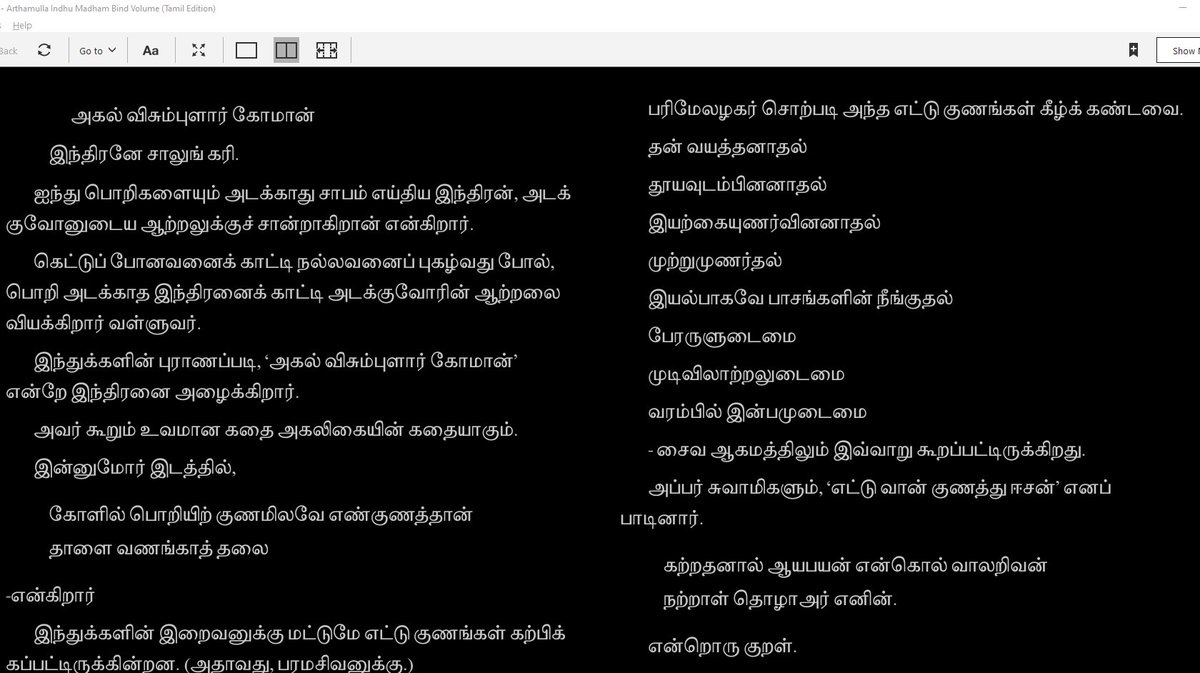
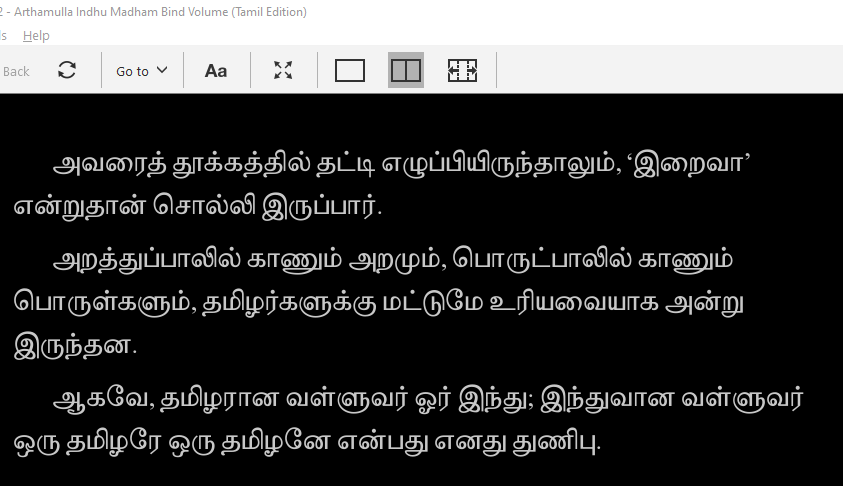

Since time immemorial, Thiruvalluvar is worshipped as a saint, a Nayanmar in Hindu temples.
His temple in Mylapore comes under Hindu HRCE department.
Till date, On the day of arupathumoovar, 63 nayanmar are taken out in procession including Thiruvalluvar & his consort Vasuki.

His temple in Mylapore comes under Hindu HRCE department.
Till date, On the day of arupathumoovar, 63 nayanmar are taken out in procession including Thiruvalluvar & his consort Vasuki.


It doesn't mean that Valluvar has to be boxed as a saint meant for one religion alone.
Turmeric, Yoga, Ayurveda, Thiruvalluvar etc. are India's gift to the world.
But if someone patents Turmeric & tries to do identity theft, you fight back with data, claiming what's your own.

Turmeric, Yoga, Ayurveda, Thiruvalluvar etc. are India's gift to the world.
But if someone patents Turmeric & tries to do identity theft, you fight back with data, claiming what's your own.


Rumi is everybody's poet & nobody can take away his Sufi Iślamic identity.
Similarly, Thiruvalluvar is everybody's philosopher guide. His verses have a universal appeal. He is a gift from Bharat to the world.
And nobody can take away his Hindu identity.
Similarly, Thiruvalluvar is everybody's philosopher guide. His verses have a universal appeal. He is a gift from Bharat to the world.
And nobody can take away his Hindu identity.

As always, Everything in this thread is data & evidence based.
Sources:
Thiruvalluvar by Janani Ramesh: amzn.to/3CQIoQw
Arthamulla Hindu Madham: amzn.to/3yxa36E
Karuppu Sivappu Kaavi: amzn.to/3VnPSlJ
Dushyant @dushyanthsridar:
Sources:
Thiruvalluvar by Janani Ramesh: amzn.to/3CQIoQw
Arthamulla Hindu Madham: amzn.to/3yxa36E
Karuppu Sivappu Kaavi: amzn.to/3VnPSlJ
Dushyant @dushyanthsridar:
If you liked this thread, please follow @labstamil for more such well researched content.
Retweet the first tweet of this thread to spread the word about Thiruvalluvar. Link to RT the first tweet of the thread:
Nandri!
Retweet the first tweet of this thread to spread the word about Thiruvalluvar. Link to RT the first tweet of the thread:
https://twitter.com/labstamil/status/1614940724293763073?s=20
Nandri!
• • •
Missing some Tweet in this thread? You can try to
force a refresh


